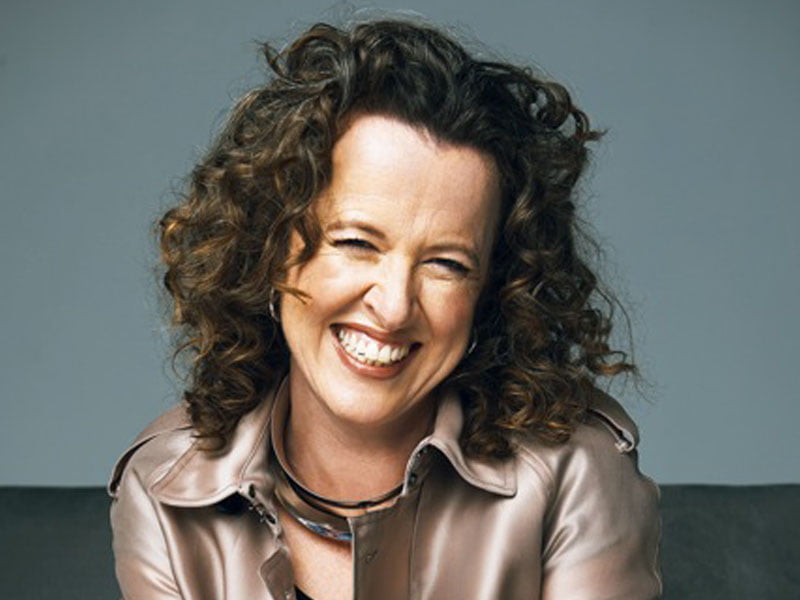Australia has become a founding member of a new global artificial intelligence partnership pledging to support responsible and human-centre technology.
The Global Partnership on Artificial Intelligence (GPAI) will guide the responsible development of AI internationally, with each member company offering up a group of experts to tackle four main themes: responsible AI, data governance, the future of work and innovation and commercialisation.
Other founding members along with Australia include the EU, the US, New Zealand, France and Germany. A centre focusing on data governance and the future of work will be based in Paris while another looking at responsible AI, innovation and commercialisation will work from Montreal.

It is unclear how membership of the group squares with the Australian government’s recent history of using technologies like artificial intelligence, including the robodebt program.
The government has conceded this scheme, which used an algorithm to compare ATO and Centrelink data and automatically issue debt notices, was unlawful and that the Commonwealth would pay back more than $700 million to people who repaid debts.
Membership in GPAI would give Australia a seat at the table for global AI decision-making and standards setting, Industry Minister Karen Andrews said.
“One thing that’s certain is AI will shape our future and Australia needs to be part of the international work to guide its development. Australia is committed to responsible and ethical use of AI,” Ms Andrews said.
“Membership of the GPAI will allow Australia to showcase our key achievements in AI and provide international partnership opportunities which will enhance our domestic capability.”
The founding members of GPAI issued a joint statement this week, pledging their support for the “responsible and human-centric development and use of AI in a manner consistent with human rights, fundamental freedoms and our shared democratic values”.
The group will guide the development and use of AI, with a focus on human rights, inclusion, diversity, innovation and economic growth, the founding members said, and will also aim to bridge the gap between AI theory and practice.
The experts nominated by Australia to take part in the group include Professor Genevieve Bell, Professor Enrico Coiera, Professor Elanor Huntington, Professor Toby Walsh and Dr Paul Dalby.
The inaugural GPAI Multi-stakeholder Experts Group Plenary will be held in Canada in December this year.
In a statement announcing membership in the group, Ms Andrews talked up the potential of AI.
“AI is a unique technology which has the power to drive productivity growth across a vast array of industries. The economic potential of artificial intelligence is almost limitless. This technology is developing at an incredible pace and, just a few years from now, AI will be creating jobs that we can’t even imagine yet,” she said.
“We are already harnessing AI to make our daily lives simpler and safe, from developing new diagnostic tools for doctors to using computer modelling to predict bush fire spread.”
Do you know more? Contact James Riley via Email.

